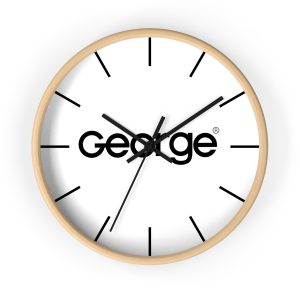

While it is far too early to say how he will use his platform to address such issues, his focus shows he is a church leader who grasps the gravity of this modern concern.
The parishioners at St. Matthias Schöneberg Church in Berlin worry about artificial intelligence.
Congregants fret that their children are finding false information on chatbots or social media. Teachers at the parish school regularly monitor for A.I.-enabled cheating. And in this parish of 12,000 Catholics from more than 100 countries, those who make a living as interpreters fear their jobs will soon be obsolete.
Now, they have an ally in the new pope.
Less than a week into the role, Leo XIV has publicly highlighted his concerns about the rapidly advancing technology. In his inaugural address to the College of Cardinals, he said the church would address the risks that artificial intelligence poses to “human dignity, justice and labor.” And in his first speech to journalists, he cited the “immense potential” of A.I. while warning that it requires responsibility “to ensure that it can be used for the good of all.”
While it is far too early to say how Pope Leo will use his platform to address these concerns or whether he can have much effect, his focus on artificial intelligence shows he is a church leader who grasps the gravity of this modern issue.
Paolo Benanti, a Franciscan friar, professor and the Vatican’s top adviser on the ethics of artificial intelligence, said he was surprised by Leo’s “bold” priorities. Father Benanti remembers that just 15 years ago, when he told his doctoral advisers that he wanted to study cyborgs and human enhancement at the Gregorian, the pontifical university where he now teaches, his advisers thought he was nuts.
“And now it’s the first topic of a pope,” he said in an interview at his monastery this week.
As a cardinal and head of the Vatican office that selects and manages bishops around the world, Pope Leo was already thinking about artificial intelligence. Father Benanti said that last September, the future pope, who has a degree in mathematics, invited the friar to talk to the heads of other Vatican departments about how to deal with digital life generally, including A.I.



